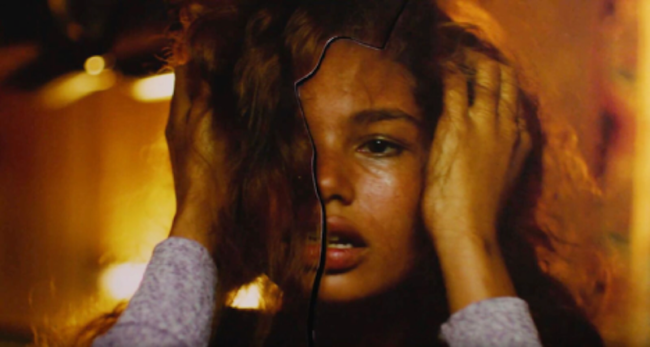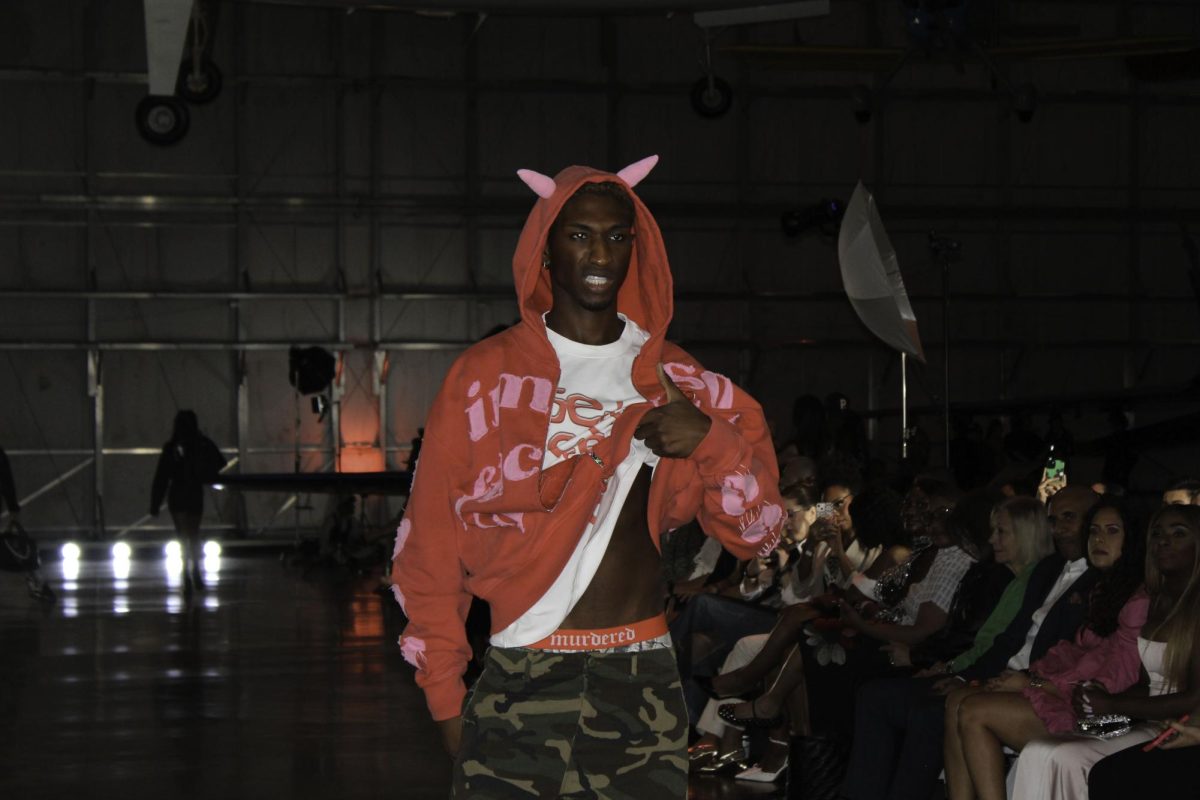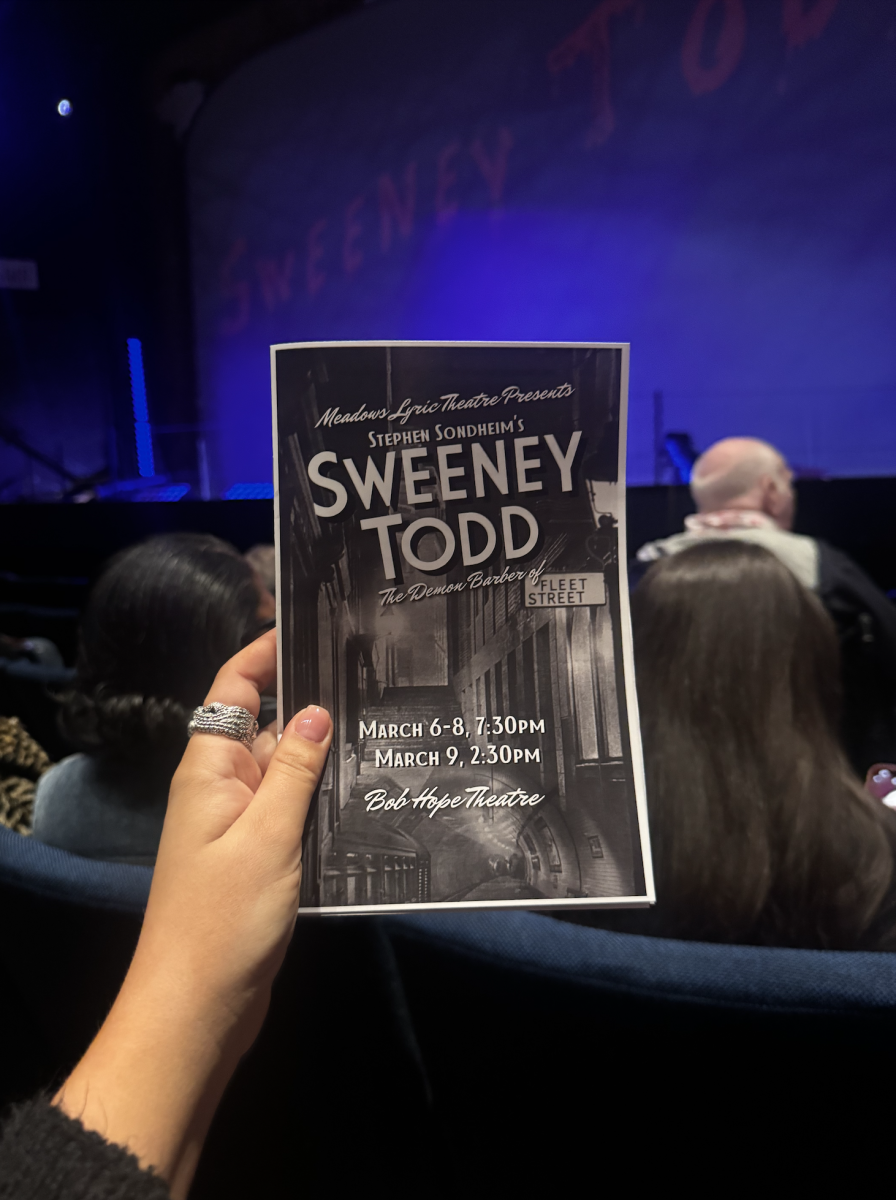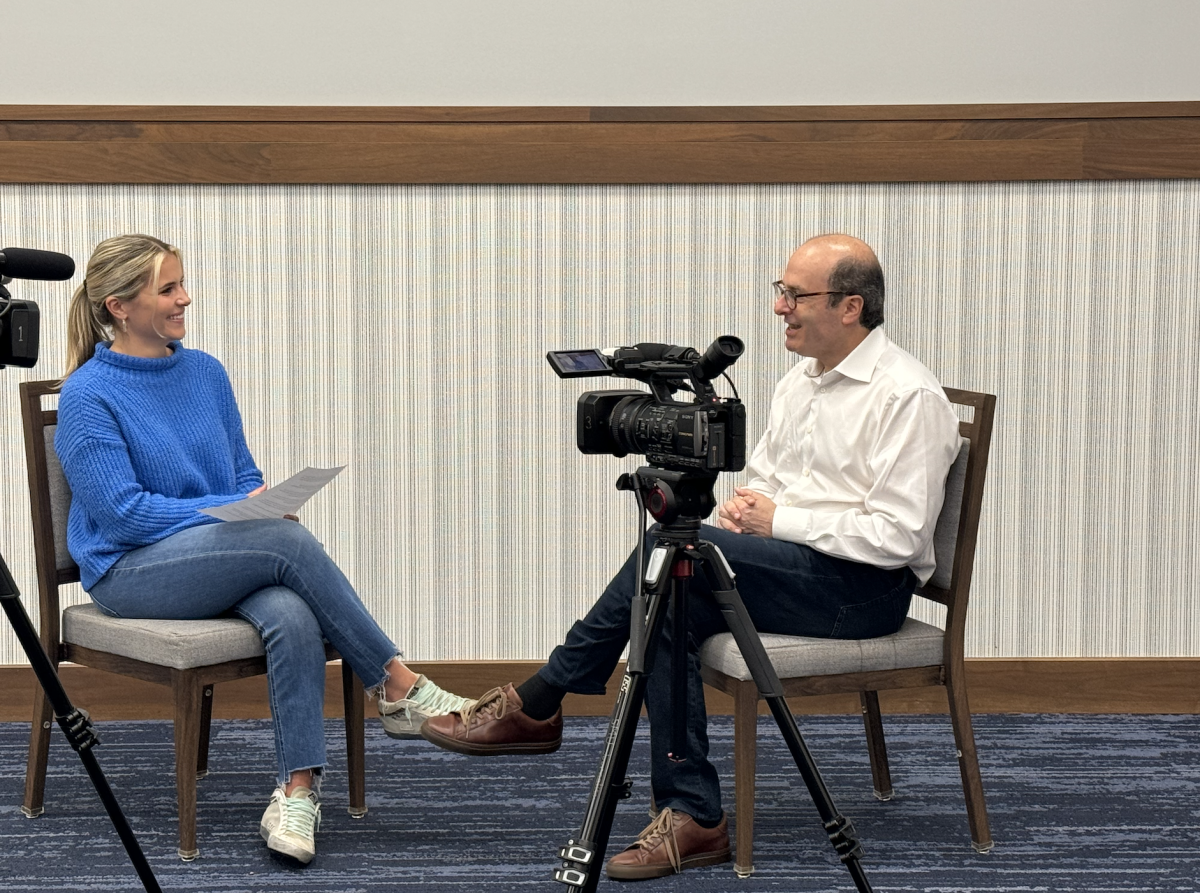Eerie, experimental and unfamiliar. “Madeline’s Madeline” is a coming-of-age story while exploring the difficulties of mental illness. The audience becomes exposed to the inner struggles of Madeline’s world, whether it be in real life or her mind.
The movie is a psychological drama that will not let your mind rest. Helena Howard, a star waiting to be born, plays Madeline, a 16-year-old confused teen searching for her identity in the streets of New York City through role-playing in an innovative theatre acting class. There, Madeline can express and explore her inner emotions and imaginations with comfort. The opening scene starts with an actor playing a doctor and telling the camera that “the emotions you are having are not your own,” which sets the dominant theme for the film and Madeline’s mind.
Josephine Decker, the writer/director, worked on two other features, “Butter On The Latch“ and “Thou Wast Mild and Lovely.” These are fictional thrillers that set the pace for Decker’s experimental style. The only clear moment I experienced in the film was the last scene, and, even then, I still had a million questions rolling in my head. I’m sure this was Decker’s intention.
The close relationship between Madeline and her acting coach, Evangeline (Molly Parker) serves as a direct parallel to the damaged relationship of Madeline’s mother, Regina (Miranda July) and Madeline. When Madeline discovers her acting coach is pregnant, it results in uncomfortable situations for Evangeline, whether it be in class or with her husband. Madeline tries to get in the way of her happy pregnancy. Evangeline doesn’t allow this to come in between them and believes in the damaged soul of fiery, young Madeline, which causes jealousy among the other students at the acting school.
Through great storytelling, an underlying issue of Madeline’s childhood quietly unfolds as well. The basement of Madeline’s house is home to plenty of playboy posters and countless adult DVDs. It is claimed to be the room of her father, but that story is left untold. When she invites her friends over, she becomes a bit possessive over her father’s unimportant things. Madeline admires the husband of Evangeline since he seems to be staying around for the baby. Since her dad didn’t stick around, why is Madeline so protective over him?
Madeline finds it easy to connect with children because she wishes she still was one. She tends to live her emotions through memories. Additionally, children do not have filters, and neither does Madeline. Once, Madeline shares a dark and twisted dream she had of burning her mother with an iron. Evangeline decides it’s an excellent plot for her next play, apparently not minding the personal issues behind Madeline’s dream. We experience the passion and commitment to Madeline’s acting when she performs this weird dream in front of her mother.
Unlike any film I’ve seen, the performance done by Howard was so outstanding that it is cringe-worthy. The cinematography performed by Ashely Connor topped off the incredible, yet uncomfortable, performance. We must allow ourselves to feel uncomfortable in front of a screen to learn and explore painful feelings.





















